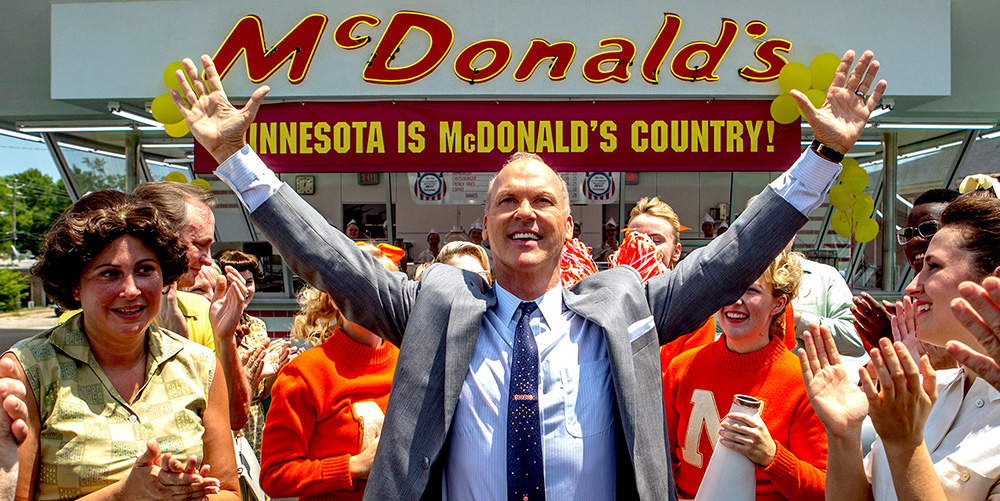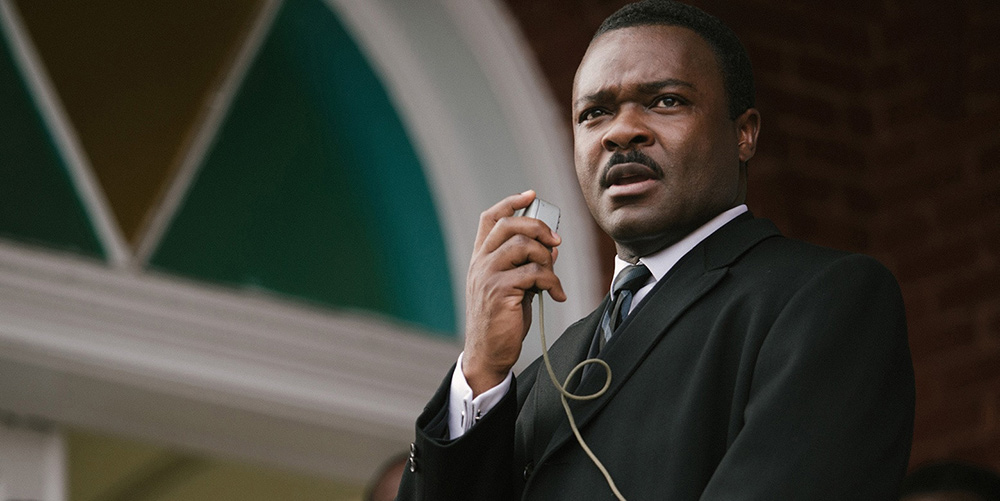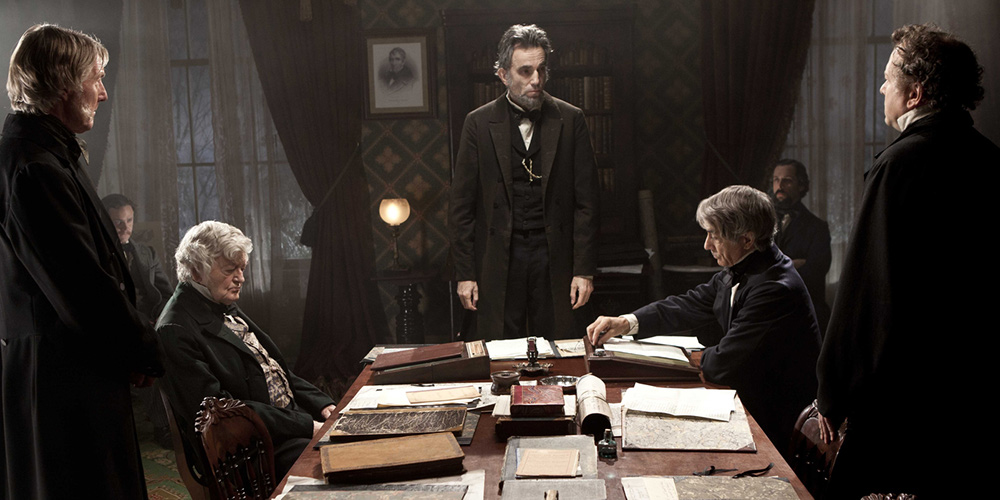Movies are full of them. So are great speeches.
Yet in business communication, this simple but powerful technique is used surprisingly rarely.
What are they? Analogies.
As Chip and Dan Heath point out in the brilliant Made to Stick, analogies work. They make concepts simple and understandable.
What’s more, they also make your words sing, touch emotions, and create a vivid picture in the minds of your audience – all of which combine to make your message memorable.
Think of Forrest Gump. What lines do you remember from that movie? Chances are that ‘Life is like a box of chocolates: you never know what you’re gonna get’ will feature highly. It may be cheesy – but it’s an analogy that sticks.
Some examples of great analogies
Analogies can be used in a number of different ways.
In Coach Carter, basketball coach Ken Carter uses analogies to help his team remember the team ‘plays’. For each play, he tells them a short, humorous story to explain the analogy. His sister Diana, for example, was ‘always on his case’ – so Diana becomes the code word for pressure defence. Delilah was his childhood sweetheart – ‘but she was evil!’ – so Delilah becomes the code word for trap defence.
In Seabiscuit, Depression-era racehorse owner Charles Howard continually draws subtle parallels between his ‘little guy’ racehorse and the unquenchable spirit of the American people. Seabiscuit becomes more than just a horse – he becomes a symbol of hope for Americans all over the country.
In the scene below in Rocky II, trainer Micky Goldmill aims to motivate his fighter with a powerful metaphor: ‘You’re a greasy-fast, 200 pound Italian tank! Go through him – run over him!’
In Dave, when the Presidential lackeys are attempting to convince lookalike Dave Kovic to extend his gig – illegally – in the White House chair, they use the analogy of running a red light while driving your sick mother to the hospital. ‘Dave, the country is sick. And you’re going to get it to the hospital.’
So why don’t we use analogies more often? Mostly, I think, because we’re all in a rush. We don’t take enough time to think about how we can make our message come across more vividly.
We’re also affected by the ‘curse of knowledge’ – when we know a lot about our subject, it’s easy to forget that other people don’t. As a result, we don’t take the time to craft our communications in a way that will resonate with them.
How to think up great analogies
Keep an eye out for analogies wherever you go – in film, TV programmes, speeches. Make a note of any that you think you could re-use in your line of work.
You might also want to try this technique for generating metaphors from the CIPR Creativity Toolkit (members only), written by creativity specialist Andy Green:
- Write a list with the following headings: Animal; Place; Sporting; Nature; Kitchen Item; Film Star/Film; Car (you could think of other categories too)
- Then, if you’re explaining an organisational change for example, you could use this framework to think of a metaphor both for your current state, and your desired state.
Taking the Rocky example above, Rocky’s state at the start of training might be a Ford Fiesta – but his state at the end would be a 200 pound Italian tank!





